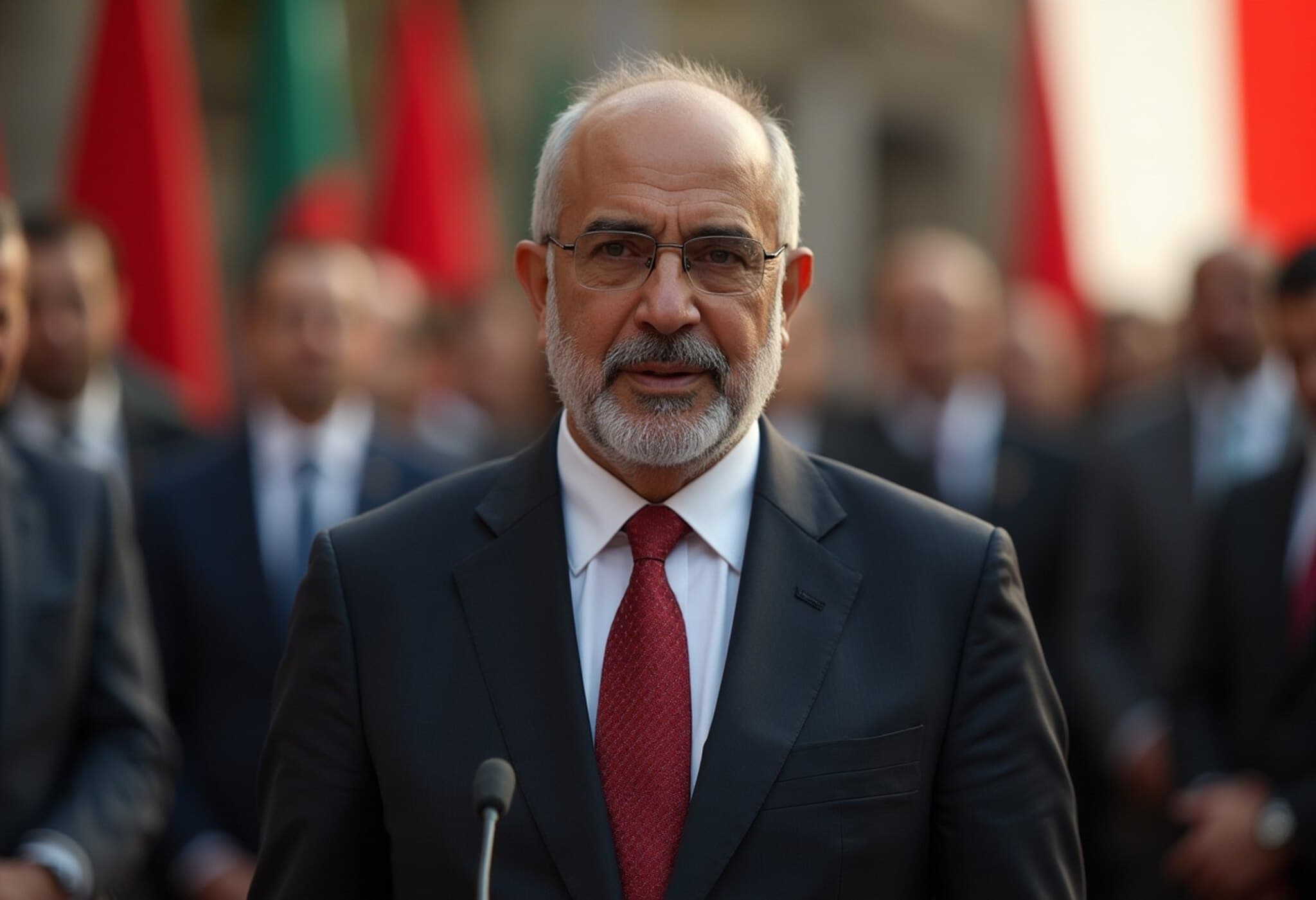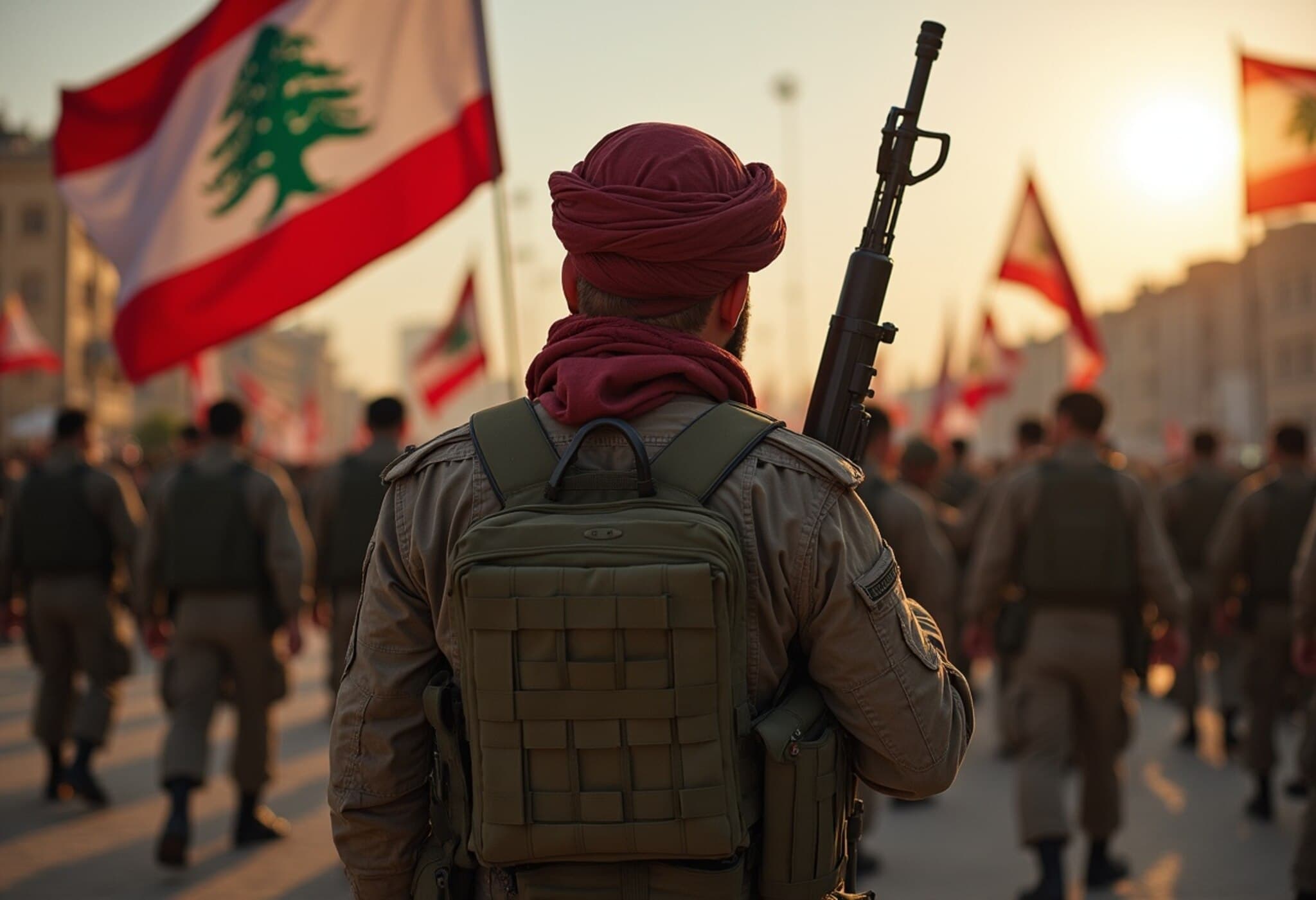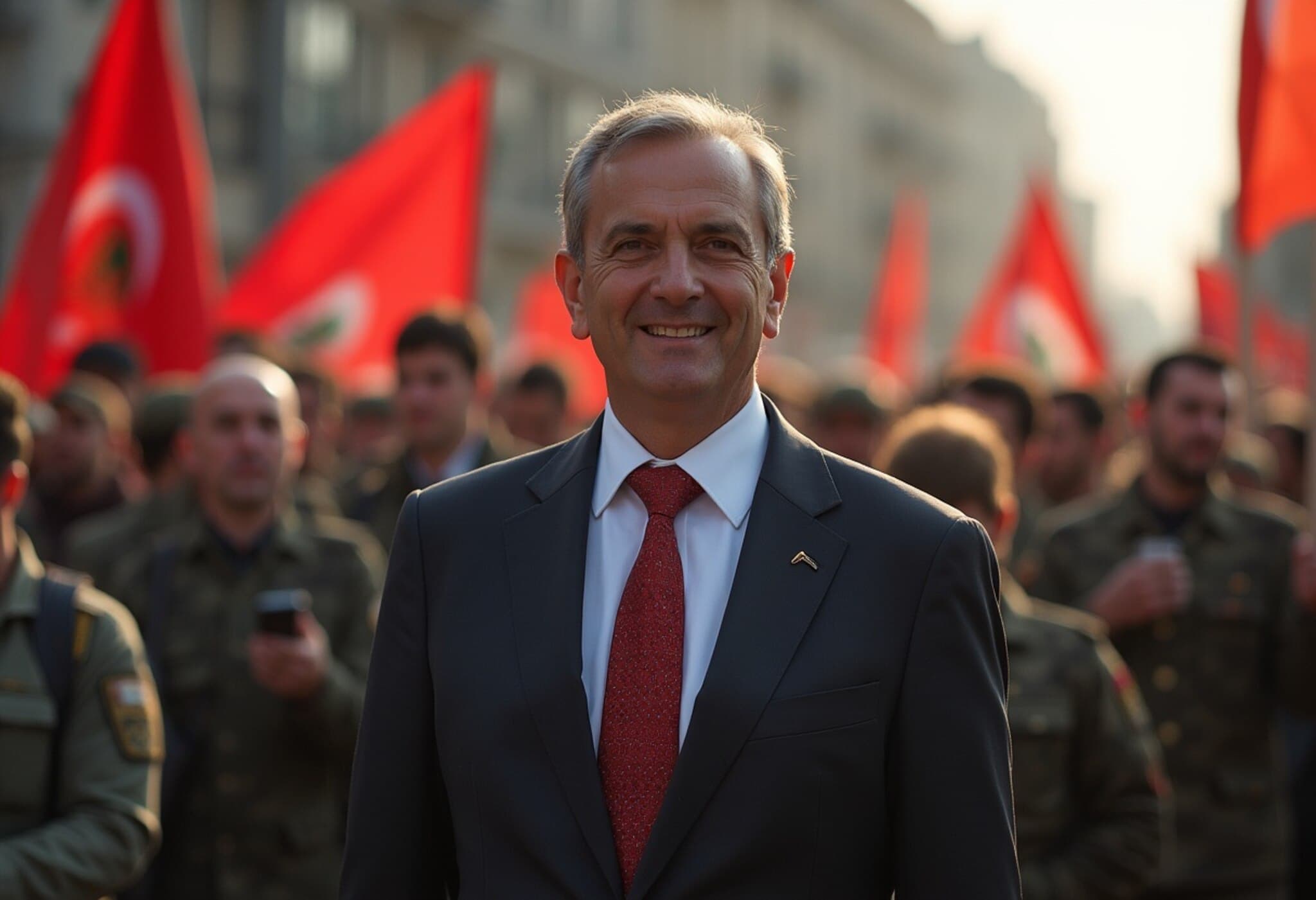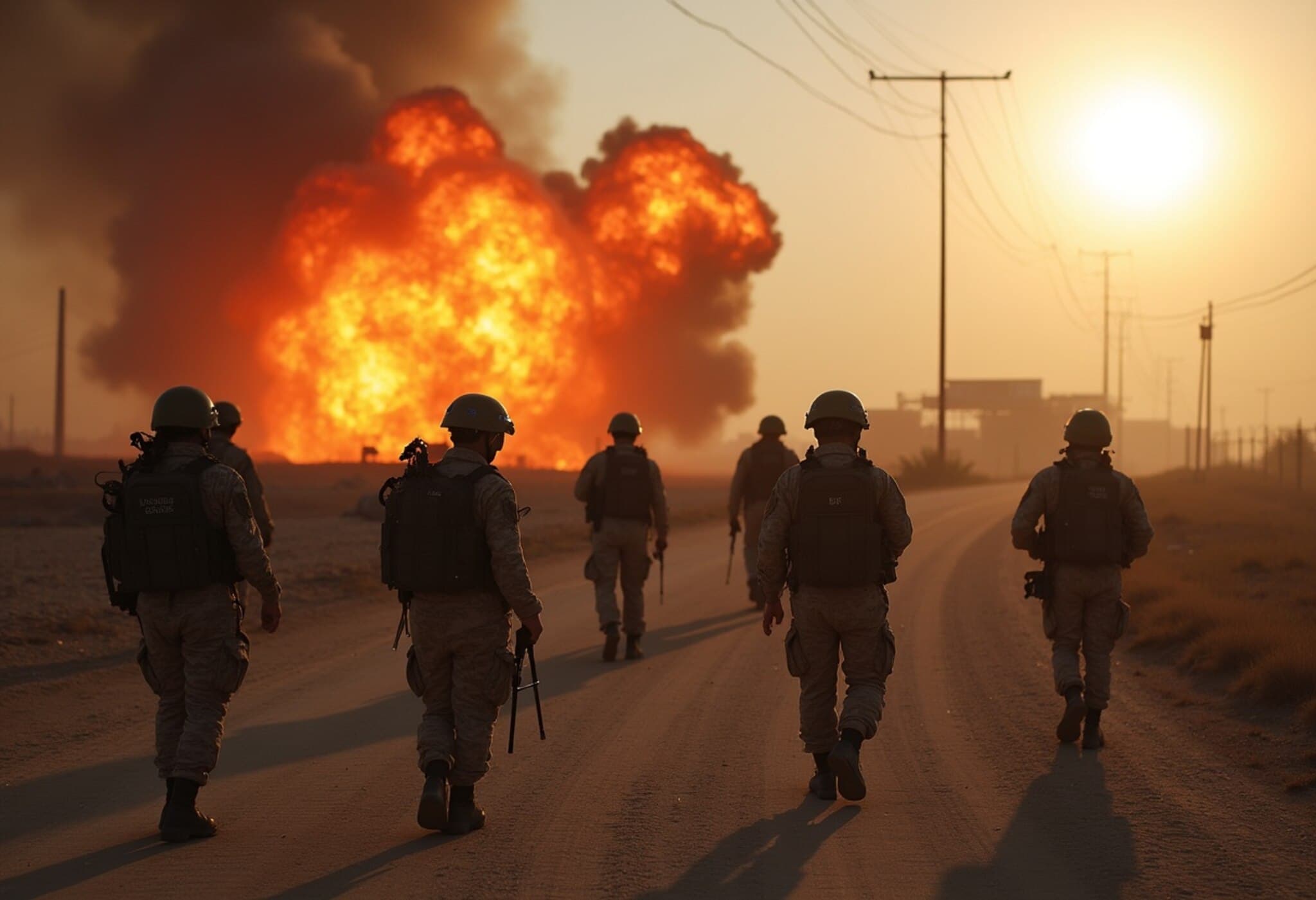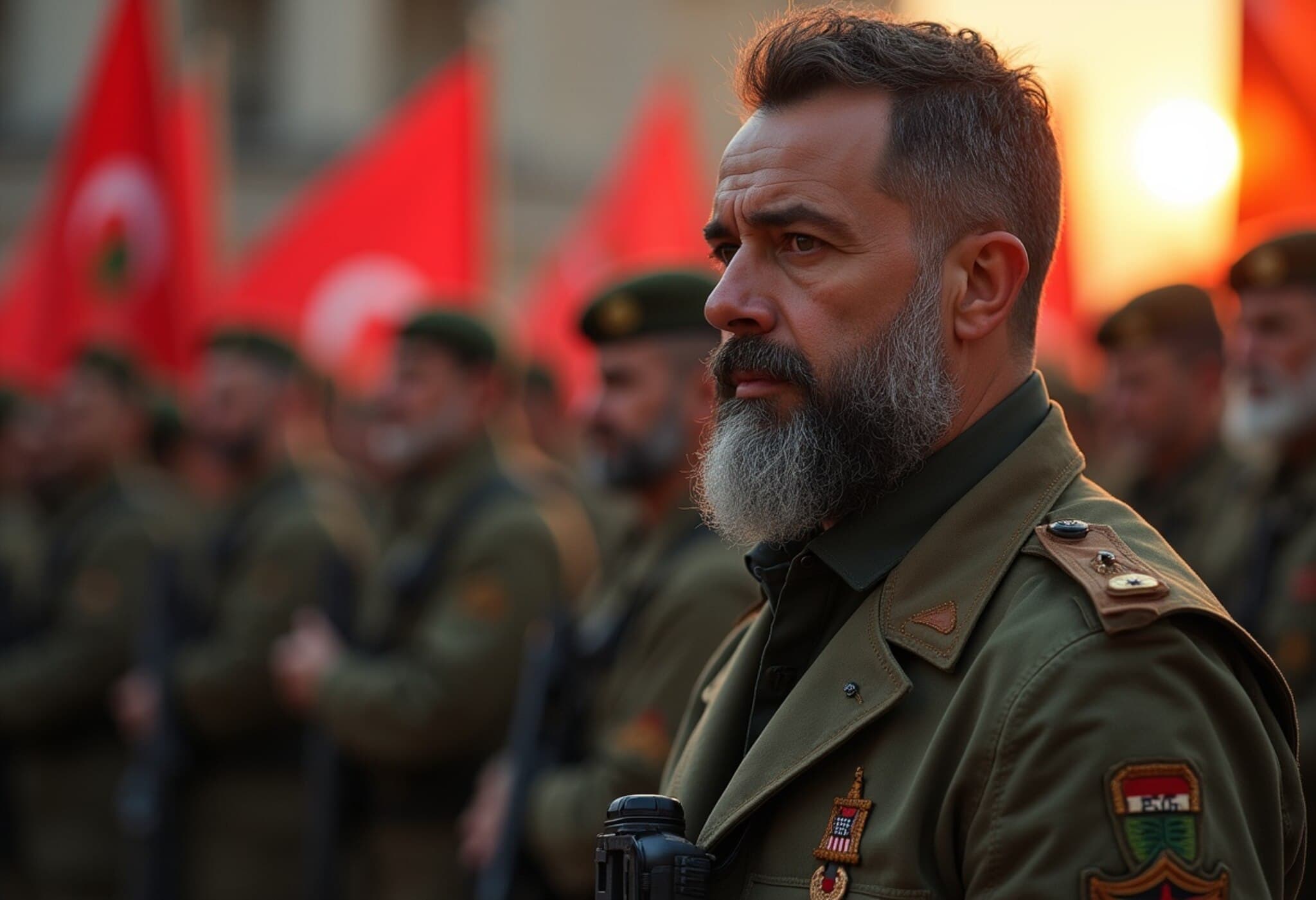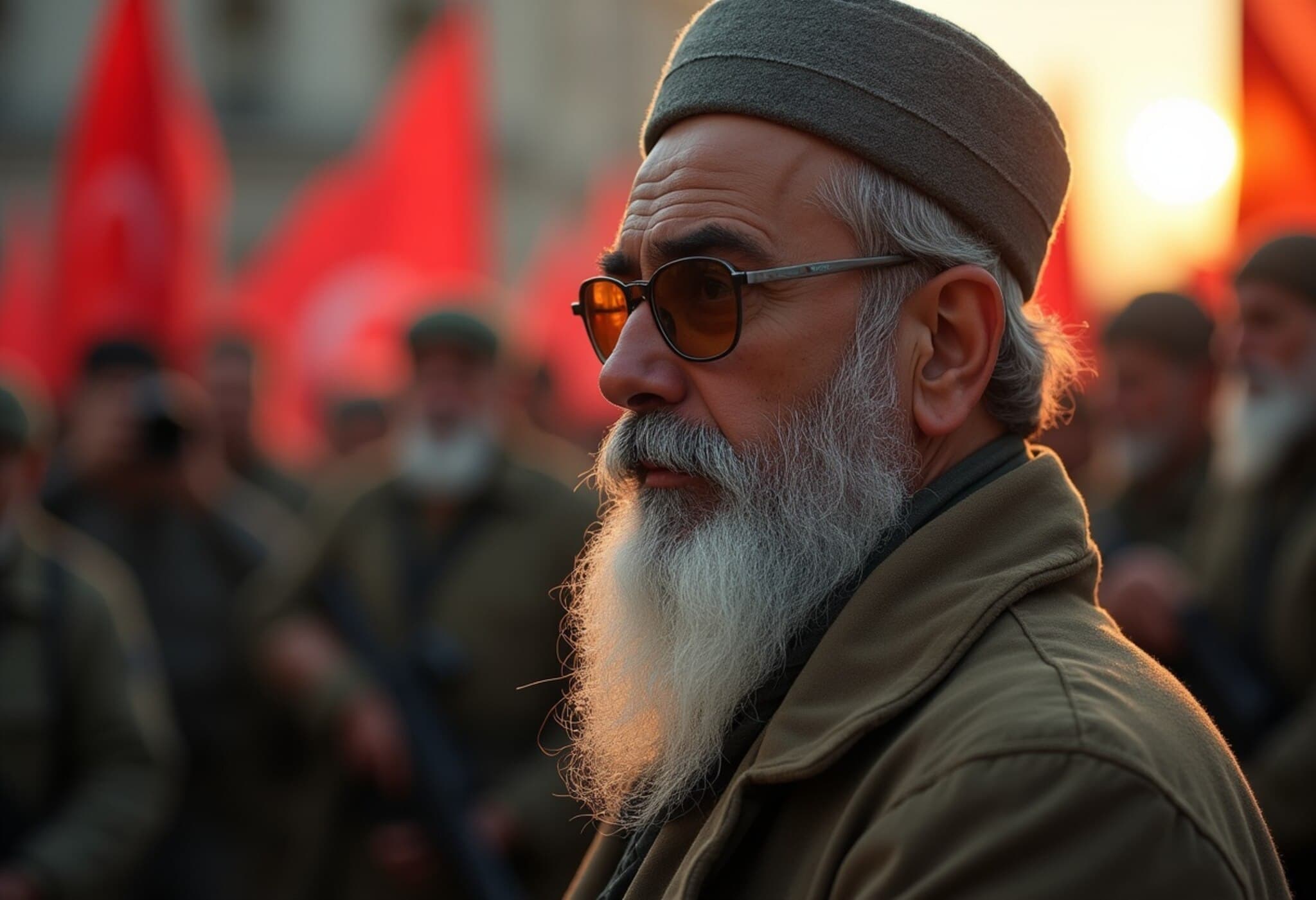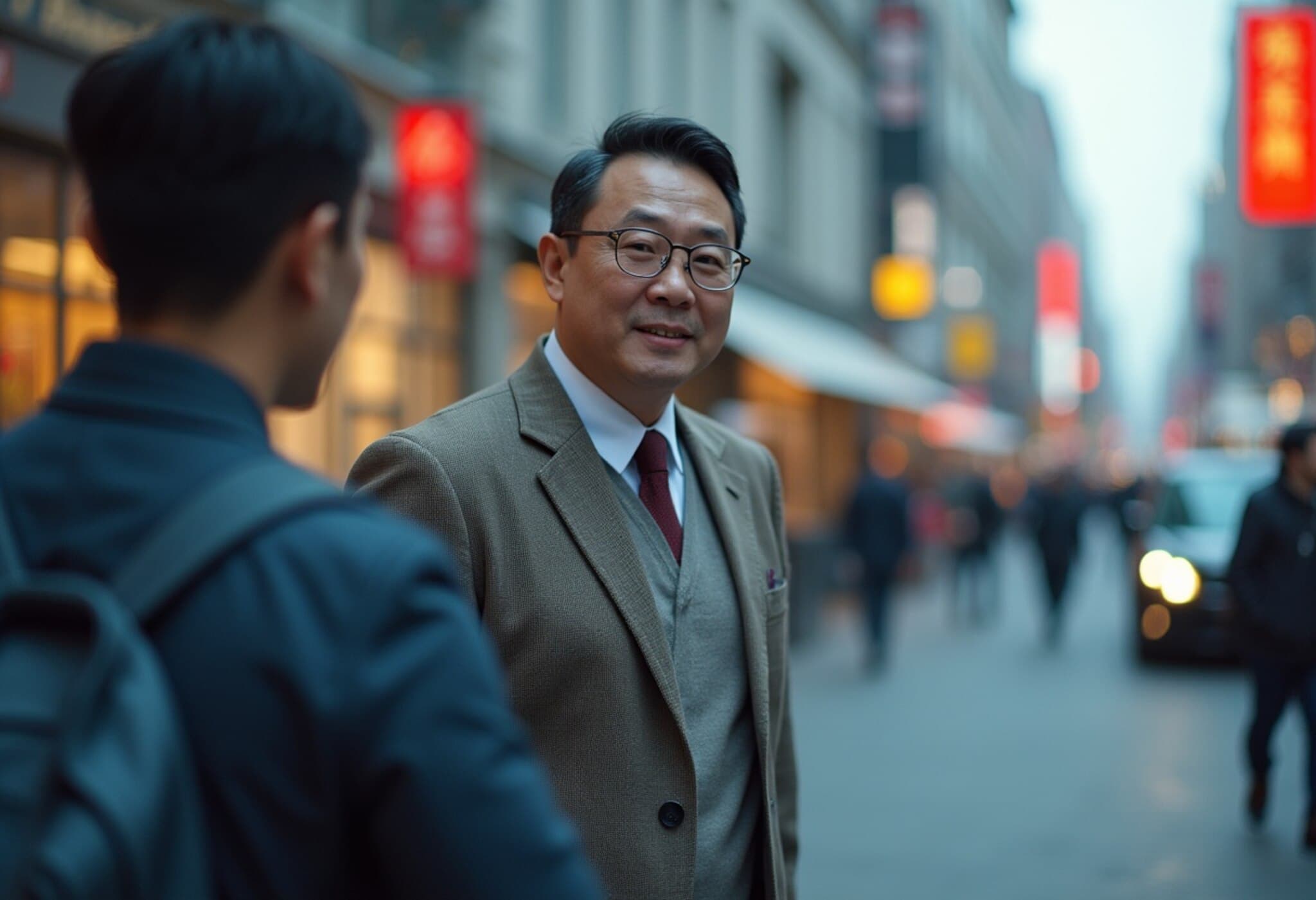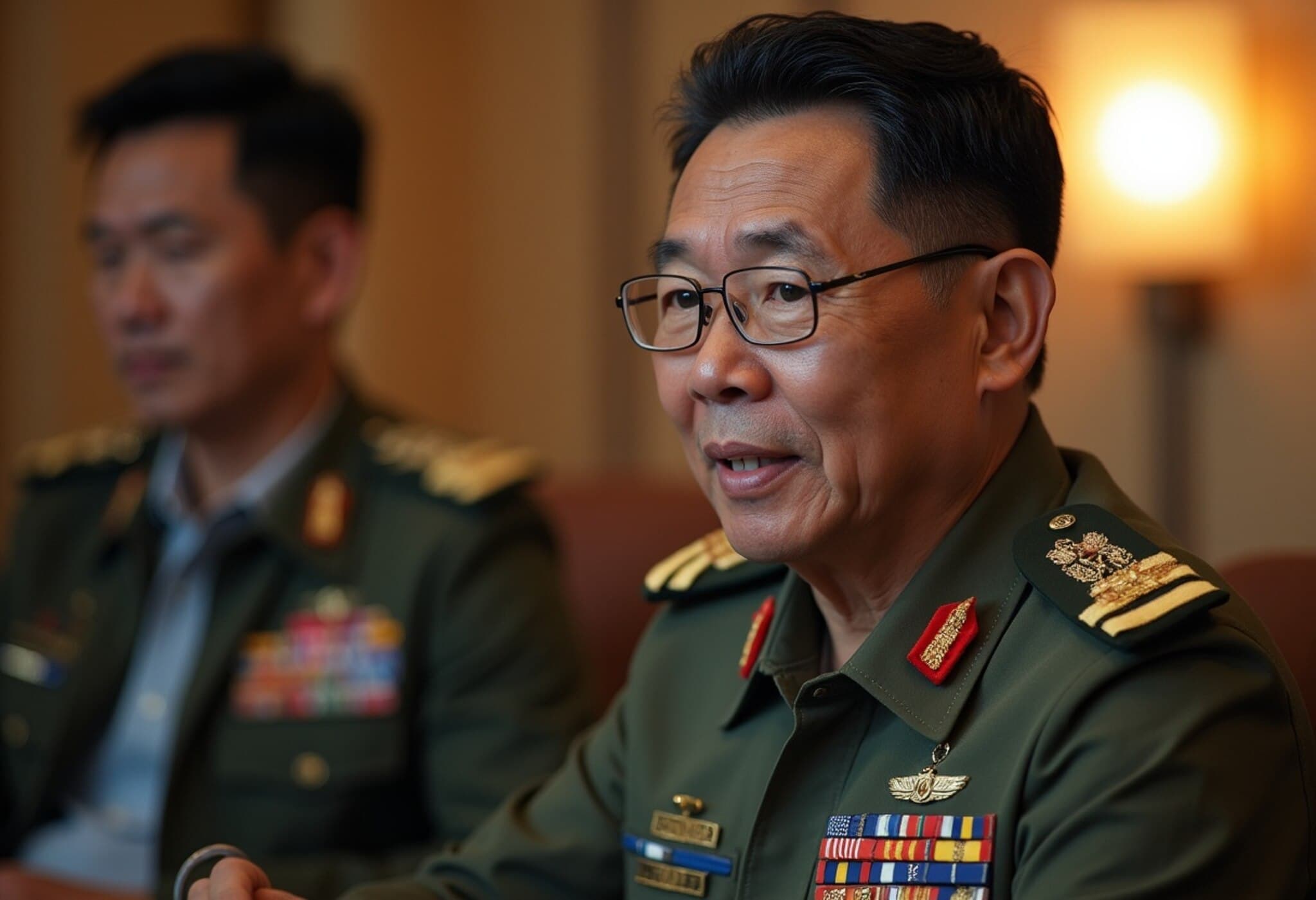Lebanon Stands Resolute Against Iranian Interference in Hezbollah Disarmament
In a decisive assertion of sovereignty, Lebanese officials have strongly condemned recent comments by Iranian Foreign Minister Abbas Araghchi regarding Lebanon’s historic move to disarm Tehran-backed Hezbollah. The Lebanese government maintains that disarming Hezbollah is a non-negotiable national priority for restoring state authority and regional stability.
Diplomatic Tensions Escalate Over Sovereignty
Foreign Minister Youssef Rajji publicly rebuked Araghchi’s remarks, describing them as a direct violation of Lebanese sovereignty and a dangerous attempt to inflame internal divisions. Rajji emphasized that Lebanon’s decisions about its security framework are rooted in constitutional authority and must be respected by international actors.
Following the controversy, Rajji instructed Lebanon’s foreign ministry to summon the Iranian ambassador, signaling a firm diplomatic response. The Lebanese government is also reportedly considering lodging a formal complaint with the United Nations Security Council to challenge Iran’s meddling.
Political Consensus Fuels Government Resolve
The Lebanese cabinet’s choice to limit arms possession exclusively to the state by year-end reflects a broad political alliance. Key figures across Lebanon’s fragmented political landscape vocalized support for the initiative, underscoring a shared commitment to uphold national unity and sovereignty.
- MP Ghayath Yazbeck of the Lebanese Forces blasted Iran’s interference as an affront to Lebanese independence, drawing parallels with destabilization in Yemen, Syria, and Iraq.
- Democratic Gathering MP Faisal al-Sayegh called Araghchi’s statements “the ultimate form of interference,” stressing the government’s decision aligns with the Lebanese constitution, the Taif Accord, and international resolutions.
The Regional Context: Iran’s Role Under Scrutiny
Lebanese concerns about Iran’s influence go beyond domestic politics. Experts note that Iran’s support for Hezbollah has historically ignited conflicts, such as the 2023 escalation when Hezbollah backed Hamas against Israel. Lebanon’s officials worry that Tehran’s stance could embolden Hezbollah to openly defy Lebanese state decisions, risking renewed clashes with Israel and further destabilization.
Lebanese voices urge Iran to reconsider its approach and adopt a constructive role in Lebanon's recovery. Experts underscore that true reconstruction hinges on the Lebanese state’s uncontested control over security and peace decisions — a prerequisite for sustainable sovereignty.
Expert Commentary: The Stakes for Lebanese Sovereignty and Regional Stability
From a geopolitical lens, Lebanon’s firm stand is a significant move to reassert the authority of the state in a landscape long complicated by proxy influences. Analysts suggest that this decision could signal a watershed moment in the Middle East, challenging Iran’s entrenched military and political foothold through Hezbollah.
Economically, a sovereign Lebanon free from armed non-state actors could better attract much-needed international investment and aid, crucial for rebuilding infrastructure and stabilizing the country’s faltering economy.
However, the path ahead is fraught with challenges. Hezbollah remains a powerful entity with extensive popular support and Iranian backing. The coming months will test Lebanon’s ability to translate political will into practical disarmament without igniting internal conflict.
Looking Forward: What This Means for Lebanon and the Region
- Enforcement and Implementation: Success depends on Lebanon’s capacity to enforce disarmament uniformly while maintaining social cohesion.
- International Support: Diplomatic backing from the UN and key global powers could bolster Lebanon’s position.
- Regional Stability: Iran’s reaction and Hezbollah’s response will critically influence the regional security environment.
Editor’s Note
Lebanon’s unequivocal call for an end to unauthorized armed groups highlights the enduring struggle of states trying to reclaim sovereignty amid regional proxy contests. While the government’s decision is a bold step toward stabilizing the nation, the complexities of entrenched foreign influence demand careful, inclusive approaches that balance security with political realities.
As this story unfolds, critical questions remain: Can Lebanon navigate this disarmament without fracturing its delicate sectarian balance? Will Iran recalibrate its involvement to support genuine peace and reconstruction, or will it continue to fuel division? The answers will profoundly shape Lebanon’s future and the wider Middle East.

